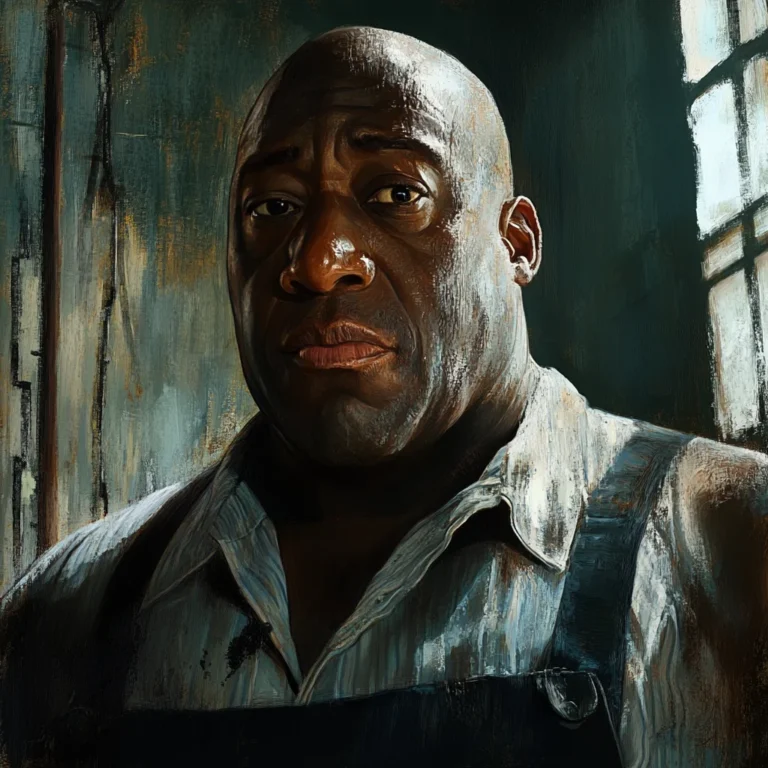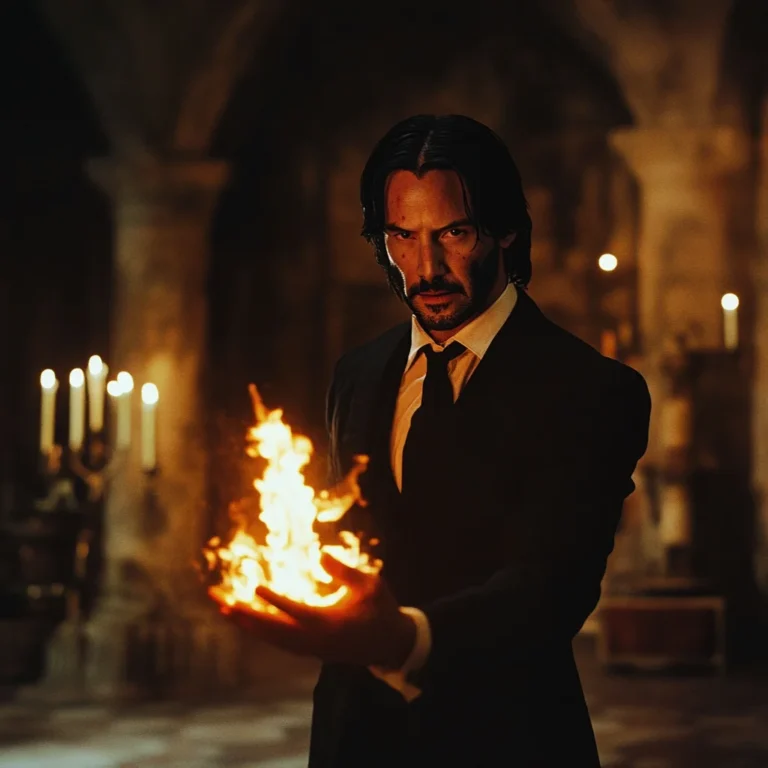- Quentin Tarantino almost cancelled Inglourious Basterds because of him. The director feared Christoph Waltz had written a character that was impossible to play. Fortunately, Waltz walked into the audition room and saved the production by embodying Hans Landa perfectly.
- Linguistically, he is truly fluent in three languages. In his breakout role, he acted in English, German, and French, and even spoke a little Italian. Consequently, he did not just memorize the lines phonetically but actually understood the nuance of every word.
- Uniquely, he dubbed his own voice for the international versions of the film. He recorded the German and French dubs for his character Hans Landa himself. Thus, audiences in Paris and Berlin heard his actual voice rather than a hired voice actor.
- Surprisingly, one of his sons is an Orthodox rabbi. While the actor himself is not religious, his son studied in a yeshiva in Israel and became a rabbi. Waltz attended the wedding in Jerusalem and respects his son’s dedication to his faith.
- Christoph Waltz worked as a TV actor for thirty years before finding fame. In Germany and Austria, he was a familiar face on police procedurals and romantic comedies. However, he felt somewhat trapped in the industry until Hollywood finally called.
- Painfully, he dislocated his pelvic bone while filming Django Unchained. During training for the role of Dr. King Schultz, he fell off his horse severely. This injury explains why his character rides a carriage for the early parts of the movie.
- He became the first actor to win an Oscar for a Tarantino film. While many actors have delivered legendary performances for the director, Waltz was the first to take home the golden statue. Amazingly, he did it twice within just three years.
- Legally, he had to apply for Austrian citizenship later in life. Although he was born in Vienna and grew up there, his father was German, which gave him a German passport by birth. He only received his official Austrian citizenship honorarily in 2010.
- He comes from a long line of theater professionals. His grandmother was a burgtheater actress and his step-grandfather was an opera singer. Therefore, the performing arts were the family business long before he stepped on a stage.
- Christoph Waltz played the classic James Bond villain Ernst Stavro Blofeld. He brought a modern, psychological edge to the character in Spectre and No Time to Die. This role cemented his status as the go-to actor for sophisticated, intelligent antagonists.
- Ironically, he considers himself extremely boring in real life. Unlike his flamboyant characters, he prefers a quiet life and avoids the Hollywood party scene. He often jokes that his private life is too dull to be of interest to tabloids.
- He hosted Saturday Night Live to critical acclaim. Despite being known for serious drama and villains, he showed excellent comedic timing on the sketch show. He even poked fun at his own terrifying image in a sketch about a casual Jesus.
- He does not use social media at all. You will not find him scrolling through Instagram or posting selfies. He believes that maintaining mystery is essential for an actor so the audience can believe in the characters.
- Christoph Waltz studied acting in New York City during the seventies. Before his career in Europe, he trained at the famous Lee Strasberg Theatre and Film Institute. This early exposure to American method acting likely helped him bridge the gap between German and US cinema later.
- Finally, he has a star on the Hollywood Walk of Fame. This honor immortalized his contribution to cinema in 2014. Fittingly, Quentin Tarantino was the one who presented him with the prestigious plaque on the sidewalk.





